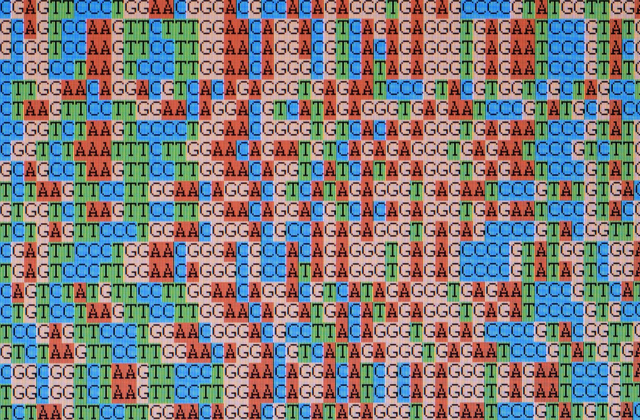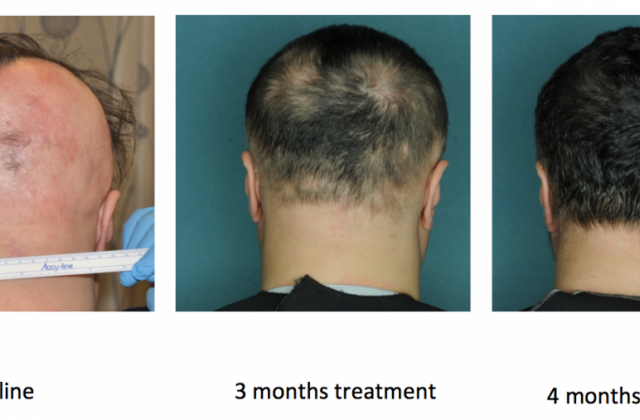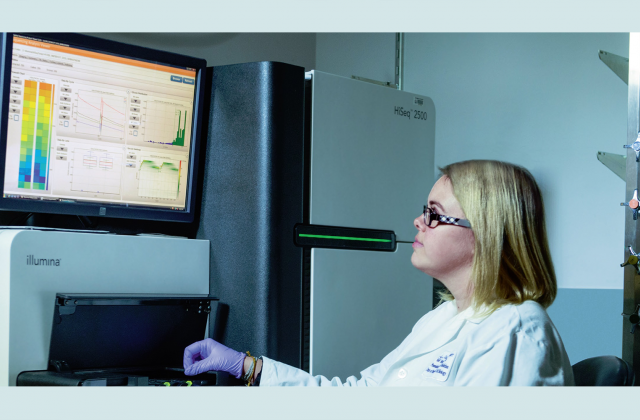Can genomic medicine restore a child's ability to walk?

Scientists at Columbia University Irving Medical Center and Duke University used exome sequencing to diagnose and treat a 20-month-old girl suffering from a progressive and usually fatal neurodegenerative disease.
At 15 months, she started developing symptoms such as gait abnormalities, upper body weakness, and vision problems. Doctors suspected an autoimmune disorder but had no way of diagnosing her condition, and they referred her for genetic testing.
Sequencing her exome—the protein-coding portion of her DNA—revealed she had mutations in both copies of a particular gene, causing severe riboflavin (vitamin B12) deficiency. The deficiency led to Brown-Vialetto-Van Laere Syndrome 2, a rare, life-threatening disease.
Doctors began treating the patient with oral doses of vitamin B12, and she quickly improved. Now, at age three, she can run, hold her head up, and lift objects with her hands and arms. Her symptoms show no signs of returning. Learn More.
Make Your Commitment Today




